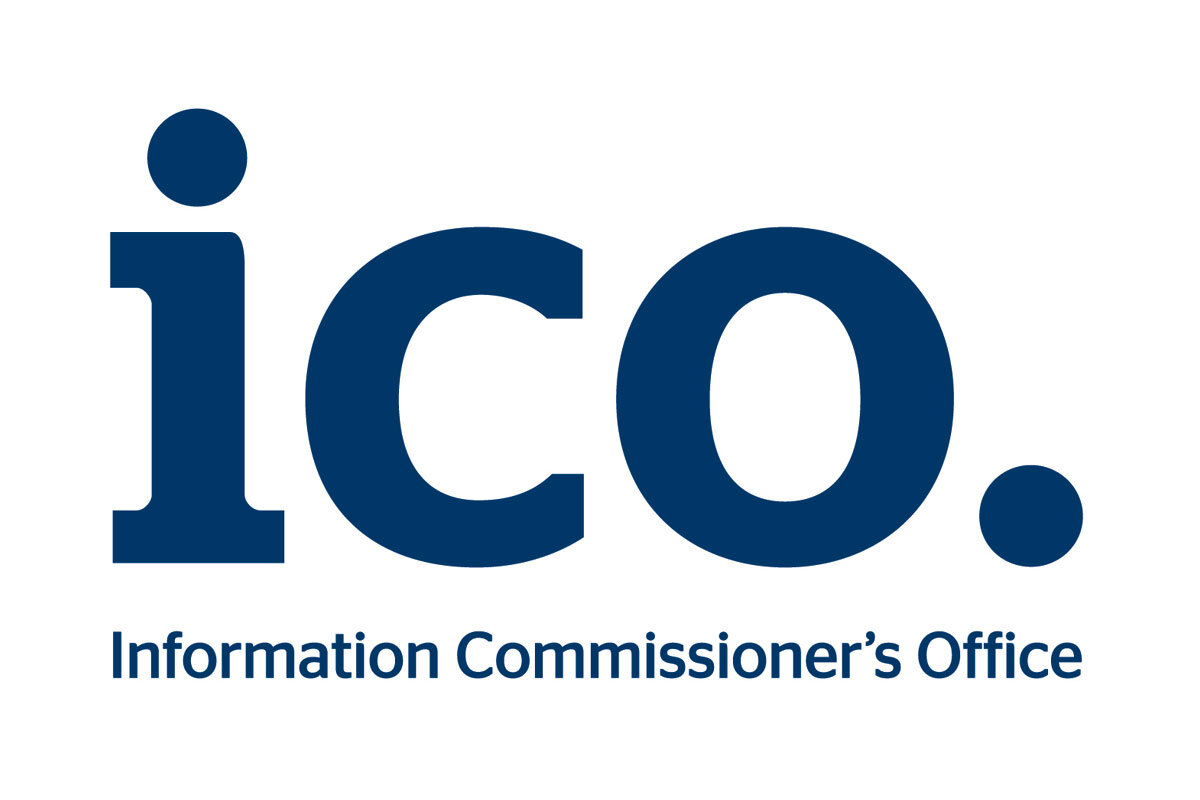Anti bullying and harassment POLICY
Definition
Bullying can be described as being ‘a deliberate act done to cause distress solely in order to give a feeling of power, status or other gratification to the bully. Bullying can range from ostracising, name-calling, teasing, threats and extortion, through to physical intimidation, assault on persons and/or their property. It can be an unresolved single frightening incident that casts a shadow over a child’s life, or a series of such incidents.’
Staff, parents and children at ACE Learning Centre work together to create a happy, caring and safe learning environment. Bullying, whether verbal, physical or indirect, is not tolerated. It is everyone’s responsibility to try to prevent occurrences of bullying and to deal with any incidents quickly and effectively.
Bullying may be brought to the attention of any member of staff by the victim(s), their friend(s), their parent(s) or other interested people.
Our Aims
- To provide a safe, caring environment for the whole learning centre, especially the children attending our centre.
- To instil in children that bullying is unacceptable and that reports of bullying will be taken seriously, recorded and acted upon.
- To reassure children that they will be listened to and will know that it is all right to tell.
- To heed parents concerns and keep them informed of actions taken in response to a complaint.
- A full investigation will follow any report of bullying with detailed records kept of incidents, reports and complaints.
- To take appropriate action, including exclusion in cases of severe bullying.
- To monitor incidents of bullying during the year by ACE Learning Management.
- A separate list of any racist incidents will be kept.
Help for victims and bullies.
It must always be held in mind that our key aim in all strategies is not that of punishment but of help.
Strategy for Dealing with Bullying
A range of strategies will be introduced at the centre to reduce the risk of bullying. These will include raising awareness about bullying and the Anti-bullying Policy, increased understanding for victims and teaching pupils how to manage relationships in a constructive way.
Staff should apply one or more of the strategies below, depending on the perceived seriousness of the situation. The emphasis should always be one of showing a caring and listening approach.
In dealing with bullying, staff and tutors at ACE Learning Centre Primary follow these fundamental guidelines.
- Never ignore suspected bullying.
- Do not make premature assumptions.
- Listen carefully to all accounts – several pupils with the same version does not mean they are telling the truth.
- Adopt a problem-solving approach that moves pupils forward from self-justification.
- Follow up proven cases to check bullying has not returned.
- Keep detailed records.
In response to a complaint of bullying, the discipline procedures of ACE Learning Centre Primary should be followed, with staff making a full investigation, keeping detailed records and applying sanctions as necessary.
The centre procedures should be followed initially by the tutor, then a member of the Senior Management Team when they become aware that there may be bullying taking place.
- Discuss the nature of the bullying with the ‘victim’ at length, recording all the facts. This will require patience and understanding.
- Identify the bully/bullies and any witnesses.
- Interview witnesses.
- Discuss the incident(s) with the alleged bully/ies. Confront them with the allegations and ask them to tell the truth about the situation/incident. Make it clear that this is only an investigation at this stage.
- If the bully owns up, make it understood that bullying is not acceptable at Ace Learning Centre and what effect it has on the education of the victim and the rest of the children in the centre. Apply sanctions relevant to the type of bullying.
- If the allegation of bullying is denied, investigate further. If there is sufficient evidence that the bullying occurred, apply relevant sanctions.
- Hold separate discussions with parents of bully and victim.
- Continue monitoring to make sure there is no repetition.
In order to reduce incidents of bullying and recognise bullies, at ACE Learning Centre Primary, all staff watch for early signs of distress in pupils. We listen, we believe, we act.
Bullying off the School Premises
Ace Learning Centre is not directly responsible for bullying off the school premises; however, if both the victim and the bully are from our centre we’ll take appropriate action and inform parents.
Bullying Directed Towards Race, Gender, Sexual Orientation or Disability
ACE Learning Centre will not tolerate bullying against anyone because of his or her race, gender, sexual orientation or disability. The centre will take preventative action to reduce the likelihood of bullying incidents of this nature occurring so it doesn't happen. Stereotypical views are challenged and pupils learn to appreciate and view positively differences in others, whether arising from race, gender, ability or disability.
Racial Bullying/Harassment
Racial bullying will not be tolerated in ACE Learning Centre and will be treated firmly and effectively. If a child receives verbal abuse, physical threats or attacks, or if a pupil brings racist literature into centre, incites others to behave in a racist way or writes racist insults, necessary actions will be taken.
ACE Learning Centre guarantees confidentiality and support for those being bullied. Racial incidents are reported to the Governing Body as required.
Sexual Bullying
Sexual bullying has an impact on both genders. A sexual assault will lead to the exclusion of the perpetrator from ACE Learning Centre. Sexual bullying is characterised by abusive name-calling, comments about appearance, attractiveness and emerging puberty, inappropriate and uninvited touching, sexual innuendoes and propositions (i.e. sexual harassment).
ACE Learning Centre’s strategies to deal with sexual bullying include:
- recording incidents in the incident book.
- implementing appropriate discipline procedures as appropriate.
Sexual Orientation
Sexual bullying can also be related to sexual orientation. Children do not have to be homosexual or bi-sexual to experience such bullying.
Strategies to deal with such bullying include:
- recording incidents in a separate incident book.
- implementing discipline procedures if the bullying warrants it.
Special Education Needs or Disabilities
Pupils with special educational needs or disabilities might not be able to articulate experiences as fluently as other children. However, they are often at greater risk of being bullied, both directly and indirectly, and usually about their specific disability.
ACE Learning Centre makes sure the behaviour of staff does not trigger bullying unintentionally. They should avoid undue attention towards SEN children compared with others, and should not make comments based on pupils’ appearance or perceived character.
High attainers, gifted or talented pupils can also be affected by bullying. Tutors should treat this as seriously as any other type of bullying.
Further information
Useful Documents and Resources
DFES Website Up to date information about anti-bullying strategies
CSIE Index for Inclusion 2000: Developing Learning and Participation in Schools
CRE Learning for All – Standards for Racial Equality in Schools 2000
DfEE The Use of Force to Control or Restrain Pupils (Circular 10/98)
DfEE/Home Office Social Inclusion: Pupil Support 10/99
DfEE/ Home Office School Security: Dealing with Troublemakers 1997
Ofsted Raising the Attainment of Minority Ethnic Pupils 1999
The Stationery Office Bullying – Don’t Suffer in Silence (Circular 0064/2000)
An Anti-bullying Pack for Schools
The Stationery Office Discipline in schools: Report of the Committee of Enquiry
Chaired by Lord Elton 1989 (Reprinted 1997)
Mobile phones:
All UK mobile phone operators have nuisance call centres set up and / or procedures in place to deal with such instances. They may be able to change the number of the person being bullied. Mobile operators cannot bar a particular number from contacting a phone, but some phone handsets do have this capacity. Action can be taken against the bully’s phone account (e.g. blocking their account) only with police involvement.
Contacts:
O2: ncb@o2.com or 08705214000.
Vodafone: 191 from a Vodafone phone or 08700700191 for Pay Monthly customers and 0870 077 6655 for Pay as you Go.
3: Call 333 from a 3 phone or 0870 7330333.
Orange: Call 450 on an Orange phone or 07973100450 for Pay as you Go, or 150 or 0797310 0150 for Pay Monthly.
EE: Call 150 on a T-Mobile phone or 0345 412 5000.








